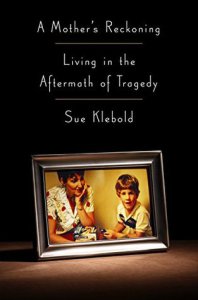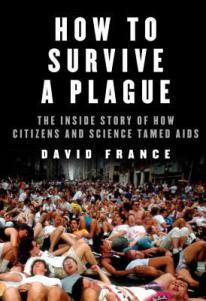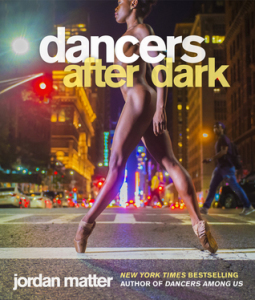We’re three weeks post-move now, and I’m still digging out from under the chaos, and trying not to think too hard about the fact that the holidays are basically upon us! Unpacking will barely be finished before its time to start hauling out the Christmas decorations. In the meantime, here are a few more mini-reviews of some of the non-fiction I’ve been reading over the last few months while I was on hiatus.
A Really Good Day by Ayelet Waldman
by Ayelet Waldman
ISBN 9780451494092
This memoir chronicles Waldman’s unique and illegal experiment using microdoses of LSD to regulate her mood disorder. The book follows the experiment diary-style, but also incorporates discursions on drug history and policy. In her career as a lawyer, Waldman has consulted on drug policy and taught courses covering drug history, so she has a solid grounding in the context of what she is undertaking. Much of the existing data she is able to bring up is compromised by the fact that early experimenters, in addition to giving the drugs to their subjects, were also sampling their own wares, and seem more like psychedelic enthusiasts than legitimate investigators. Along the way she must cope with questions like what she will tell her children about what she is doing when they inevitably notice the shifts in her mood, and what she will do once her very limited supply of LSD runs out. Every disclosure about her drug use risks both her reputation and potential legal repercussions, and the idea of purchasing on the illegal market is even more fraught. Ultimately, she concludes that what she really wants is “the kind of answer only real research by legitimate scientists under controlled circumstances can provide.”
A Mother’s Reckoning by Sue Klebold
by Sue Klebold
ISBN 9781101902769
This memoir is an intimate and gut-wrenching look inside the home of an ordinary little boy who grew up to be a high school mass murderer. Her son’s suicide inside the school library following the rampage left Sue Klebold heartbroken and in search of answers, with no one to whom she could pose the questions. She comes to conclude that a deep depression she failed to recognize played a significant role in her son’s involvement in the shooting, and advocates strongly for health care and suicide prevention—though she also clearly states that mental illness should not be assumed to lead to violence. Klebold does her best to recount the events in a way that is compatible with existing guidelines for responsible reporting on such tragedies in order to prevent imitation, something which she sharply calls out the media for failing to do in their treatment of the events at Columbine High School. It is a harrowing read because it shows people who commit terrible acts of evil as human, leaving aside the question of whether those who do monstrous things need to be humanized. I can’t imagine how upsetting this account might be for anyone who lost loved ones at Columbine.
How to Survive a Plague by David France
by David France
ISBN 9780307700636
This history is an insider’s look at the activists who advocated for AIDS treatments and victim’s rights in the early days of the epidemic. France’s account centers on New York, and the founding of such organizations as ACT UP and the Treatment Action Group, as well as the safe sex movement. France truly makes the reader feel the uncertainty and fear of the early days of the AIDS epidemic, when even the cause of the disease was a mystery. Some early and influential activists believed that AIDS was the result of immune overload in “promiscuous” gay men, and advocated abstinence as treatment. While this theory was controversial and eventually thoroughly debunked, it did lead to the creation and promotion of the safer sex guidelines that helped curtail transmission of the disease. France also delves into the bureaucracy and homophobia that delayed the development of effective AIDS treatments by researchers and public health officials. Desperation led to thriving experimental drug undergrounds without proper oversight or data collection. Especially if you were born after AIDS went from being a death sentence to a manageable health condition, this is an essential and illuminating read.
Advertisements Share this:- History
- LGBTQ+
- Memoir
- Non-Fiction






